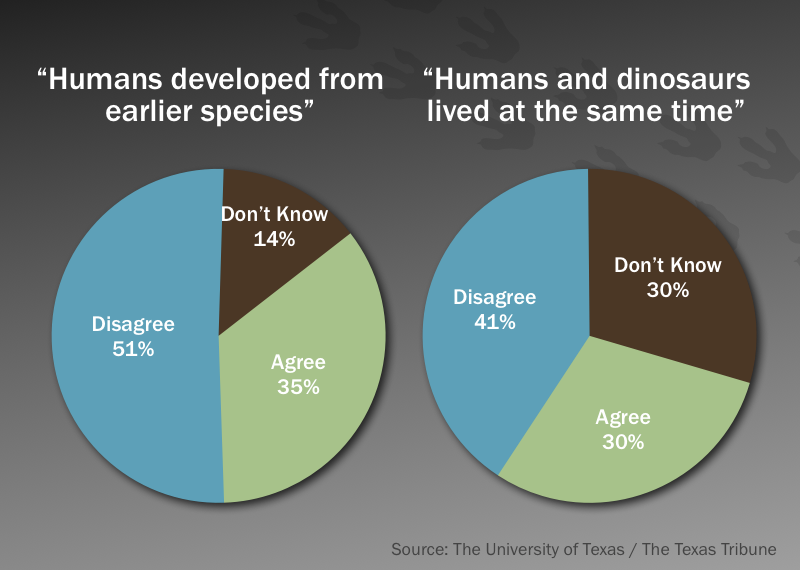Here's a 15-second clip from the documentary:
Yeah, that's an actual person's kitchen sink.
The documentary follows the filmmaker as he learns about the potential environmental impacts of "fracking", which is a widely-used natural gas mining process. In this process, natural gas is released by injecting a high-pressure mixture of water, chemicals and sand into ground. The chemicals in this mixture are usually toxic, yet the process of fracking is exempt from EPA regulation under the Safe Water Drinking Act.
You can watch the entire NOW on PBS interview that I watched here.
Now that was pretty shocking, but let's take a step back for a second. I realize that about half of the population has a built in distrust towards documentaries like these, and for good reason. After all, documentaries are usually produced as propaganda to push some kind of message onto uniformed individuals. Perhaps this is the case for GasLand also... but I doubt it.
I worked in the environmental consulting industry for four years before going back to grad school. During this time, I visited at many sites that had underground storage tanks contining fuel, dry cleaning chemicals or other hazardous materials. In my experience, the advent of more strict regulations during the later part of the 20th century has caused industries to do better job of keeping their chemicals out of the soil and groundwater than in the past. But better fuel and chemical storage practices today cannot remove the thousands and thousands of gallons of jet fuel that already exist beneath numerous military bases across the country.
It seems like we, as humans, are trying to make quick fixes to real issues without addressing the source of the problem. Centuries of groundwater contamination, air pollution, solid waste accumulation, and deforestation are caused by our desire for convenience, selfishness, laziness and greed. I mean, the first guy who dumped gallons of black industrial sludge into a pond probably had an inkling that it might have some negative effects, but he did it anyways.
I'm sure the same is true for this "fracking" process. Somehow, blasting a mixture of water, sand and industrial chemicals into the ground just seems like a bad idea.
So maybe natural gas burns slightly cleaner than gas and diesel... maybe drilling natural gas in the US will reduce our dependence on foreign oil... maybe a natural gas mining boom will provide new jobs during slow economic times... maybe. But these all seem like temporary benefits that may have a permanent side-effect to our already shrinking drinking water supply.
 Now, am I suggesting that we all plug into an Avatar and worship a great big tree? Not exactly, but the film does seem to make a lot more sense to me now....
Now, am I suggesting that we all plug into an Avatar and worship a great big tree? Not exactly, but the film does seem to make a lot more sense to me now....Anyways, it's not easy being green, but it will make it a lot more difficult for humanity in the future if we continue with our toxic ways.


